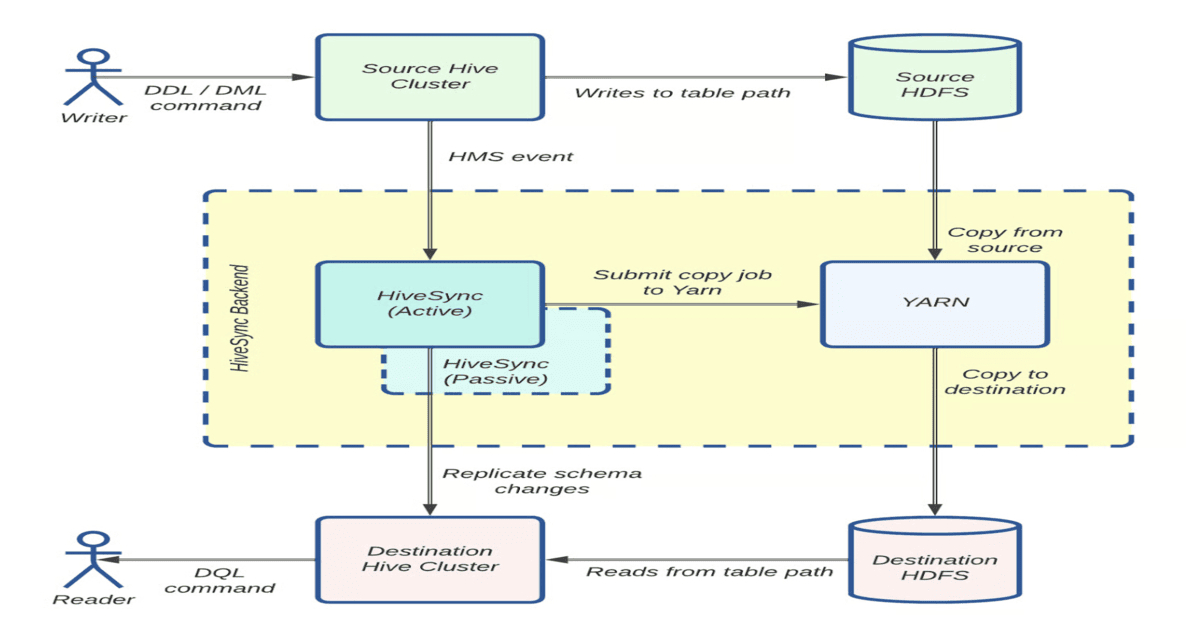Codetown
Codetown ::: a software developer's community
Kiosk Mall Push - An idea from Bradlee Sargent
Brad wrote: I noticed that in the Florida Mall, there are a lot of kiosks and the sellers there want to sell their stuff. I also see a ton of people walking by with cell phones. Would there be any way to help the owners of the kiosks to engage the cell phones passing by pushing an advertisement to those cell phone so that the owner of the cell phone would be aware of the kiosk and we could sell this product to the owner of the kiosks?
Brad, this is best as a discussion, so I added it. Let's talk first about the idea itself (then about the "art of the start")
It's a fact that people don't like unsolicited email, etc...but your idea could enable people to turn on and off push messages. That would let them receive push messages when they wanted, like when they are in a mall, and not at other times that may be irrelevant.
Let's discuss!
Tags:
Replies to This Discussion
-
Permalink Reply by Bradlee Sargent on October 31, 2011 at 5:03pm
-
What if someone were to talk to all of the mall businesses and see if they might try to make a contest using an app.
One of the restaurants could offer a free entree to the winner for example.
The participant would have to go to each kiosk to find the missing something or other.
The winner would then get the prize.
That way the participants would have to visit all of the kiosks in order to win.
A url in the form of a QR-Code might be used to make the whole thing work.
It could be printed by each kiosk.
-
-
Permalink Reply by Michael Levin on October 31, 2011 at 5:11pm
-
Brad, If you like, try taking your favorite idea and use an outline of a business plan as a feasibility study to see how viable it is and what it would take for that one idea to go. Post it here in it's simplest form...an outline with the least info as possible covering the basic business plan req'ts.
Bradlee Sargent said:
What if someone were to talk to all of the mall businesses and see if they might try to make a contest using an app.
One of the restaurants could offer a free entree to the winner for example.
The participant would have to go to each kiosk to find the missing something or other.
The winner would then get the prize.
That way the participants would have to visit all of the kiosks in order to win.
A url in the form of a QR-Code might be used to make the whole thing work.
It could be printed by each kiosk.
-
Notes
Welcome to Codetown!
 Codetown is a social network. It's got blogs, forums, groups, personal pages and more! You might think of Codetown as a funky camper van with lots of compartments for your stuff and a great multimedia system, too! Best of all, Codetown has room for all of your friends.
Codetown is a social network. It's got blogs, forums, groups, personal pages and more! You might think of Codetown as a funky camper van with lots of compartments for your stuff and a great multimedia system, too! Best of all, Codetown has room for all of your friends.
Created by Michael Levin Dec 18, 2008 at 6:56pm. Last updated by Michael Levin May 4, 2018.
Looking for Jobs or Staff?
Check out the Codetown Jobs group.
InfoQ Reading List
AWS Launches Agent Plugins to Automate Cloud Deployment

AWS launched Agent Plugins for AWS, providing AI coding agents with specialized deployment skills. The initial deploy-on-aws plugin transforms workflows by accepting commands like "deploy to AWS" and generating complete pipelines with architecture recommendations, cost estimates, and infrastructure code. Supported in Claude Code and Cursor, AWS claims 10-minute deployments versus hours manually.
By Steef-Jan WiggersGoogle Enhances Node Pool Auto-Creation Speed for GKE Clusters

Google Cloud has optimised GKE's node pool auto-creation, significantly cutting "Time to Ready" for massive clusters. By improving control plane communication and request batching, GKE now provisions resources faster, rivalling tools like Karpenter. The update enhances scaling reliability and stability for high-volume AI and batch workloads, automatically rolling out across supported versions.
By Mark SilvesterGitHub's Points to a More Global, AI-Challenged Open Source Ecosystem in 2026

GitHub has released its yearly look at open-source trends. They used data from the Octoverse 2025 report to help the open-source community get ready for the coming year. The picture that emerges is one of extraordinary scale and the structural strains that come with it.
By Claudio MasoloOpenAI Codex-Spark Achieves Ultra-Fast Coding Speeds on Cerebras Hardware

In a major shift in its hardware strategy, OpenAI launched GPT-5.3-Codex-Spark, its first production AI model deployed on Cerebras wafer-scale chips rather than traditional Nvidia GPUs. The new model offers delivers improved throughput and low-latency, enabling a real-time, interactive coding experience, says the company.
By Sergio De SimoneHybrid Cloud Data at Uber: How Engineers Solved Extreme-Scale Replication Challenges

Uber’s HiveSync team optimized Hadoop Distcp to handle multi-petabyte replication across hybrid cloud and on-premise data lakes. Enhancements include task parallelization, Uber jobs for small transfers, and improved observability, enabling 5x replication capacity and seamless on-premise-to-cloud migration.
By Leela Kumili
© 2026 Created by Michael Levin.
Powered by
![]()